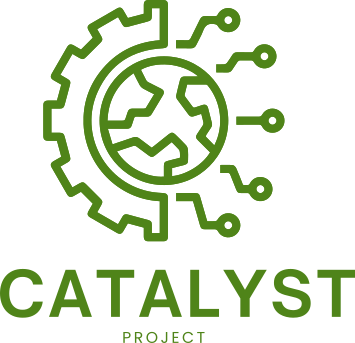Community Partner Highlight - Nodo Nacional de Bioinformática (NNB-CCG)#
This blog post is part of a series highlighting the Catalyst Project’s Community Partners, who are using the Catalyst Project cloud infrastructure to further various projects in the biosciences. Community Partners also play a vital role in shaping our governance model to help us sustain, scale and maximise impact in Latin America, Africa, and under-served communities around the world.
In this blog post, Shirley Alquicira Hernández and Irma Martínez Flores share how partnering with the Catalyst Project is impacting the Nodo Nacional de Bioinformática (NNB-CCG) in México.
Could you introduce yourself to our readers? Tell us about your organization/institute/project and the research the members of your community are working on right now.
The Nodo Nacional de Bioinformática (NNB-CCG) of the Centro de Ciencias Genómicas (CCG) - Universidad Nacional Autónoma de México (UNAM) is a group that brings together professionals and academics to support, provide services, and maintain the growth of the field of bioinformatics in the country’s research. Since September 2001, the NNB-CCG has belonged to the global network of bioinformatics centers, EMBnet (European Bioinformatics Network formed in 1988), with more than 30 nodes on five continents.
The main goals of the NNB-CCG are:
Provide education and training in bioinformatics.
Support bioinformatics-related research.
Establish links with academic and commercial sectors.
Promote global cooperation with other bioinformatics-related networks and communities.
Using the Catalyst Project infrastructure, the NNB-CCG seeks to support researchers of the CCG and ensure they have computational resources to speed up their research and obtain results more efficiently. We are also working to provide our training workshops with cloud services, which help our national and foreign participants develop skills for bioinformatics analysis. And, we hope to promote cooperation between other bioinformatics communities.
These efforts are significant to the community NNB-CCG as they bring together and benefit people from different disciplines, including biology, computational, and chemistry.
“Our community consists of Latin American users who need training in bioinformatics, so we require constant access to computing resources. Through the Catalyst Project, we will conduct practical tests to gain experience in managing the system with the support of resources such as consulting, advice, and availability of resources provided through group collaboration. The goal is to optimize our participation in events, assess the usefulness of the Catalyst Project’s resources, and, in turn, provide the Catalyst Project with guidelines to improve their service by identifying the necessary areas for improvement within the institutions.”
What are you specifically using the cloud infrastructure for? What kinds of data are stored there? What software packages does your community use?
The NNB aims to train researchers, technicians, students, and those interested in the field through workshops in bioinformatics to promote research projects related to Genomic Sciences in Mexico and Latin America. Our online and in-person workshops are focused on programming in different languages like Python and R, and support participants in learning the techniques and programs needed to develop their projects.
In our workshops, we use a range of different bioinformatics software. Some of these are:
FastQC, Prokka, antiSMASH, BigSCAPE, EvoMining, CORASON, Blast+, Clustal-Omega, Seaview, PhyML, FigTree, jModelTest2, MrBayes, GET_HOMOLOGUES, GET_PHYLOMARKERS, among others.
Depending on the kind of workshop, we change the applications and tools our participants will use, and we select a subset of the data to work on and analyse.
Can you tell us about your experience with the Catalyst Project so far? E.g., have you participated in any training options through Catalyst? What have you enjoyed most so far?
We have had the opportunity to participate in the 2i2c Hub Champion Training. This training was interesting for us because we could learn different aspects of managing our hub, how to interact with users, and best practices for organising the work so that we can offer a good experience to our users.
Our core staff working with the Catalyst Project are already certified Carpentries Instructors, thanks to our 2017 partnership with The Carpentries. However, we anticipate that others on our team who are interested in developing better pedagogical techniques will also benefit from this training delivered by MetaDocencia through the Catalyst Project.
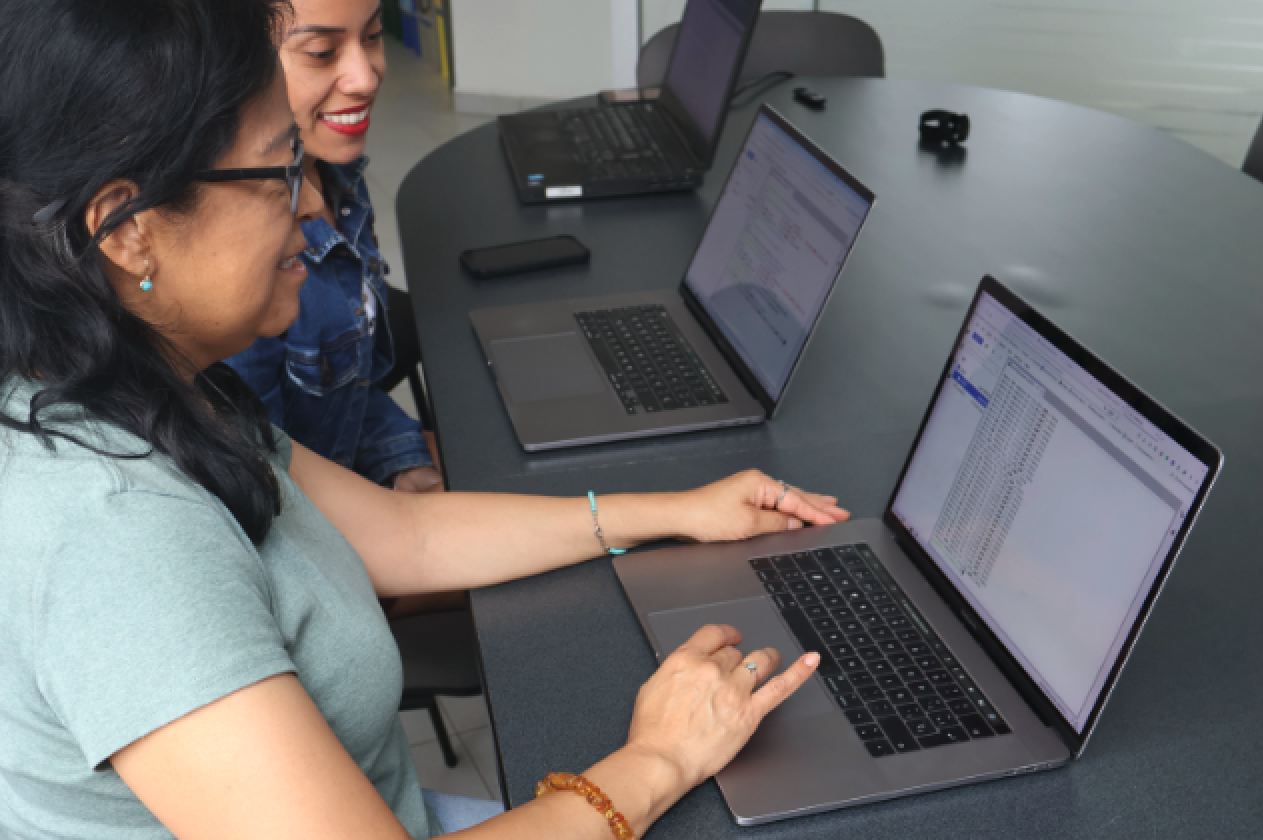
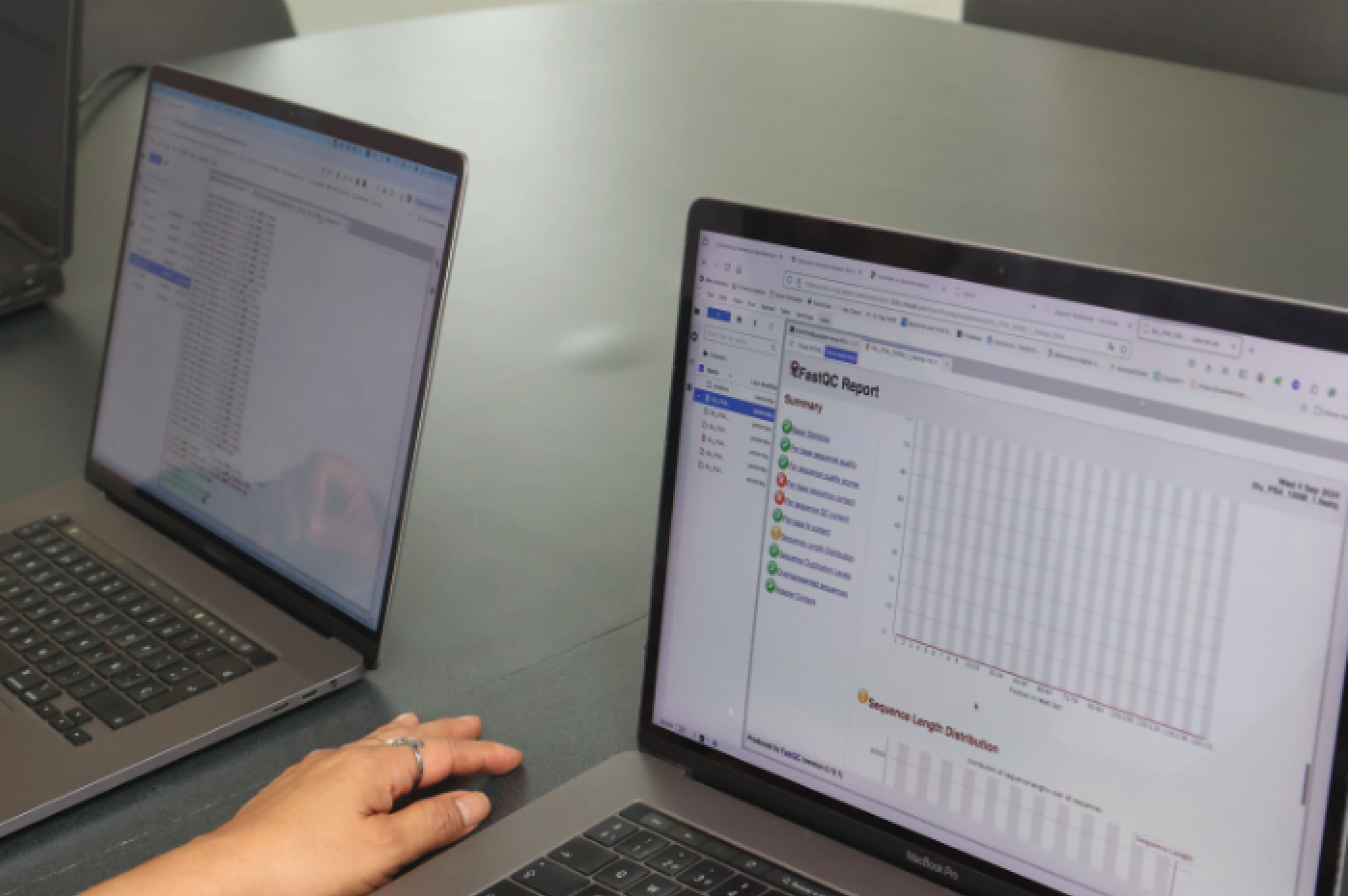
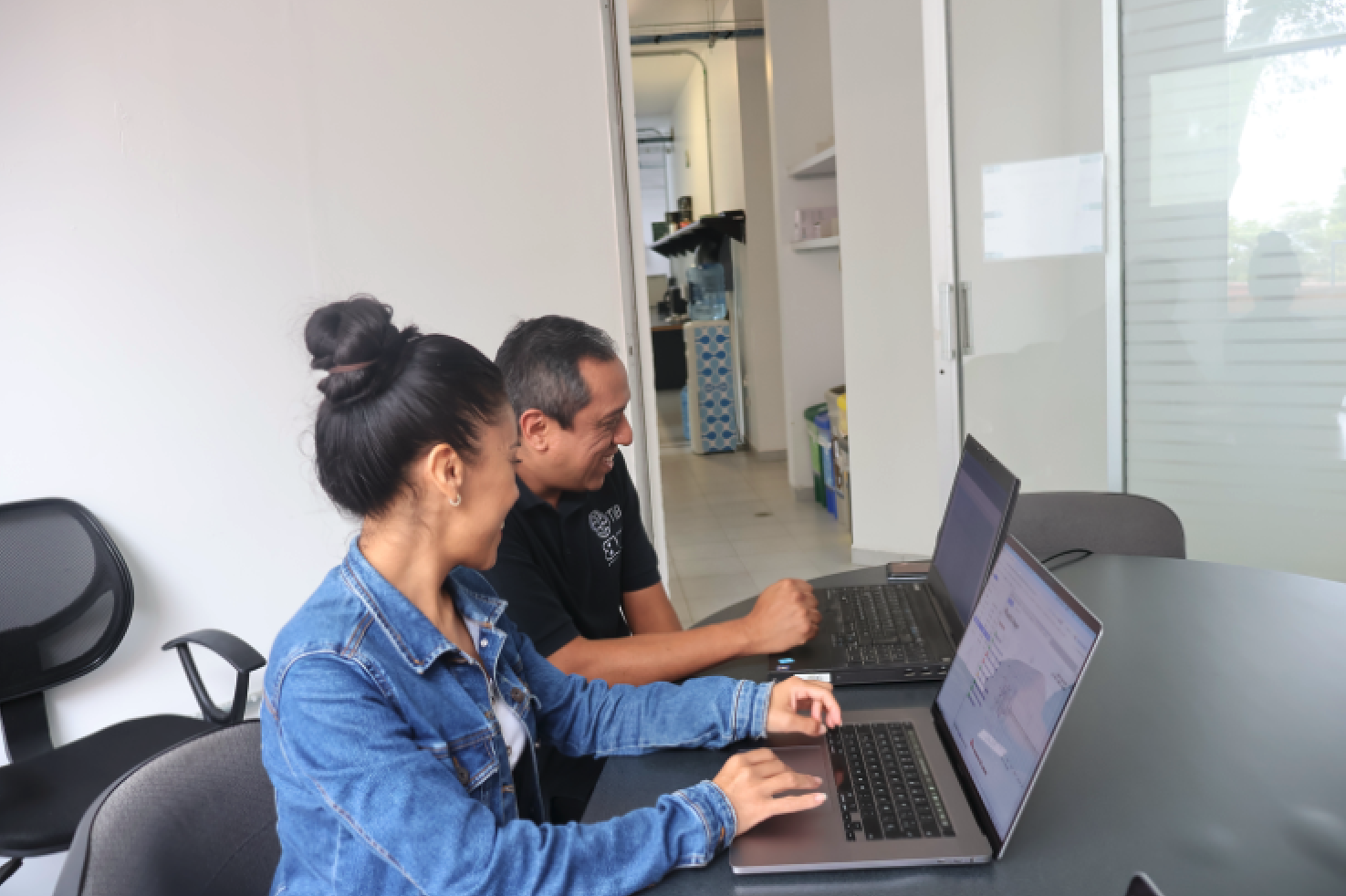
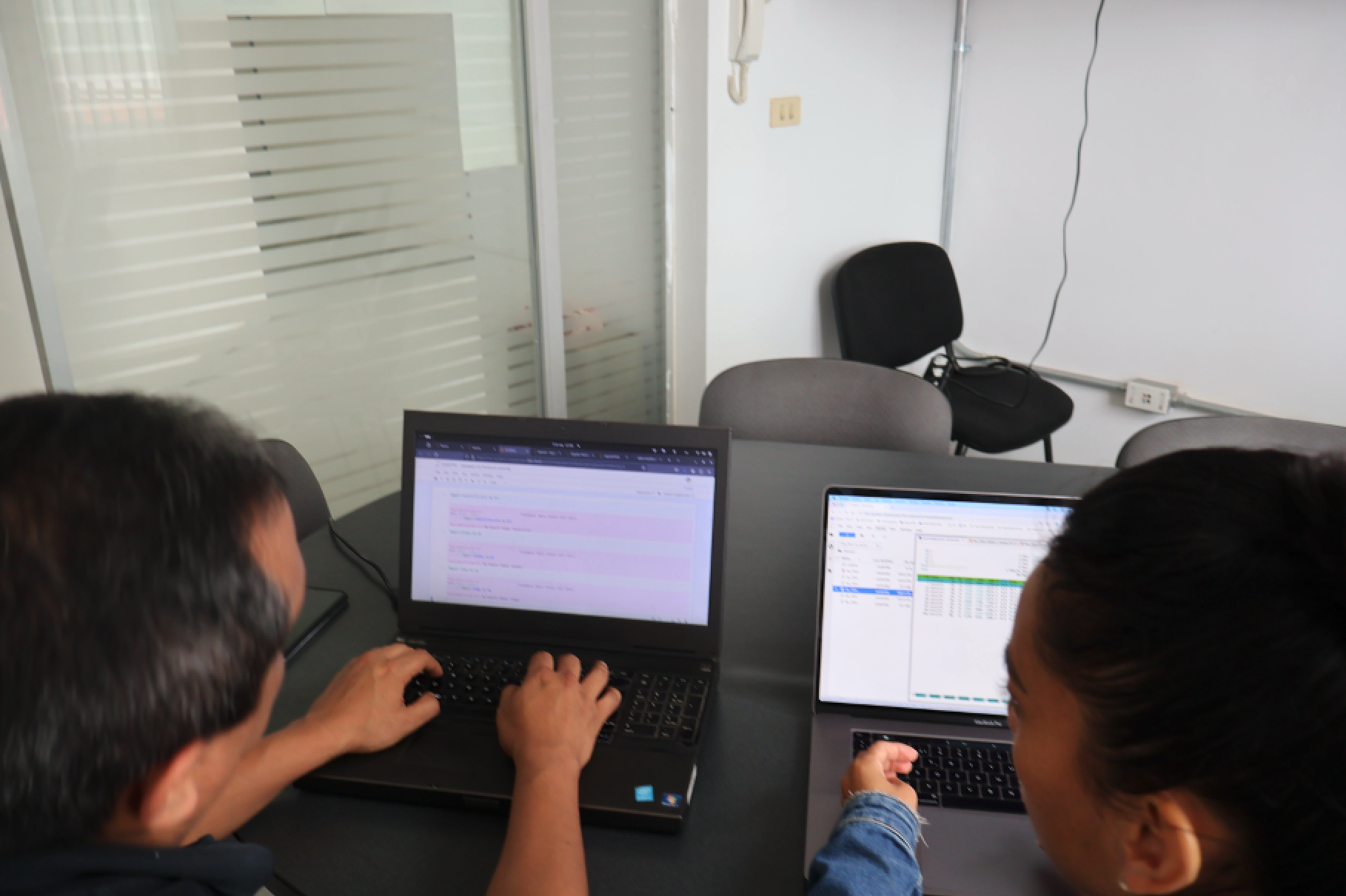
These photos show Alfredo Hernández, Irma Martínez, and Shirley Alquicira executing a data analysis using the `fastqc` program on the Catalyst hub infrastructure.
All Photos courtesy of Shirley Alquicira Hernández.
